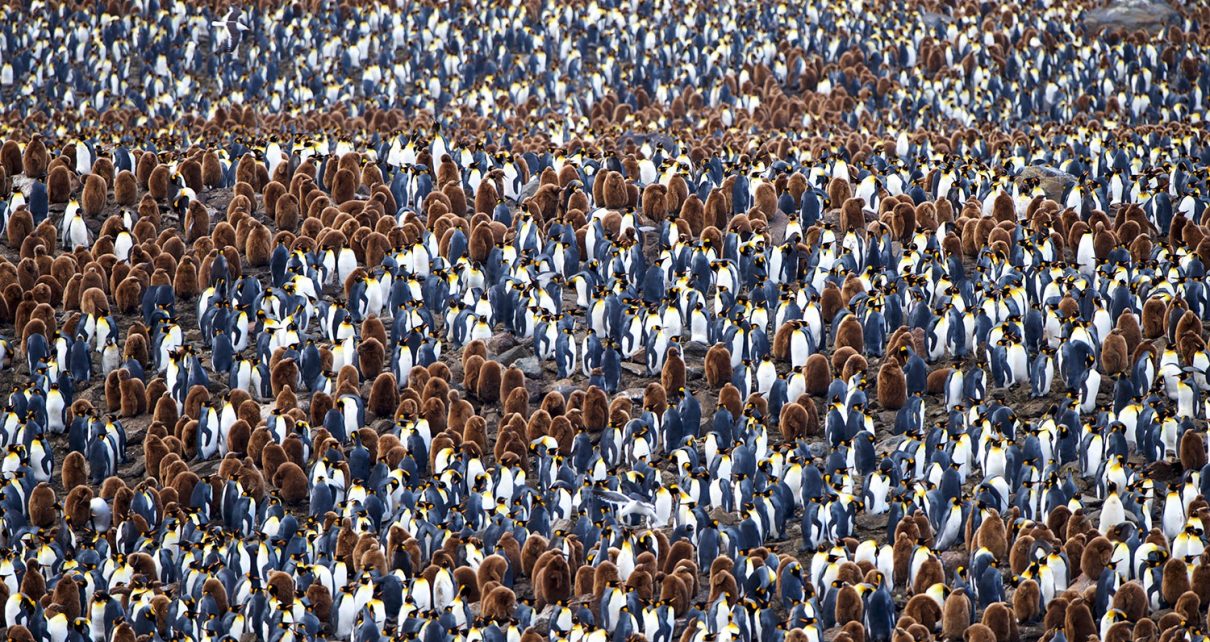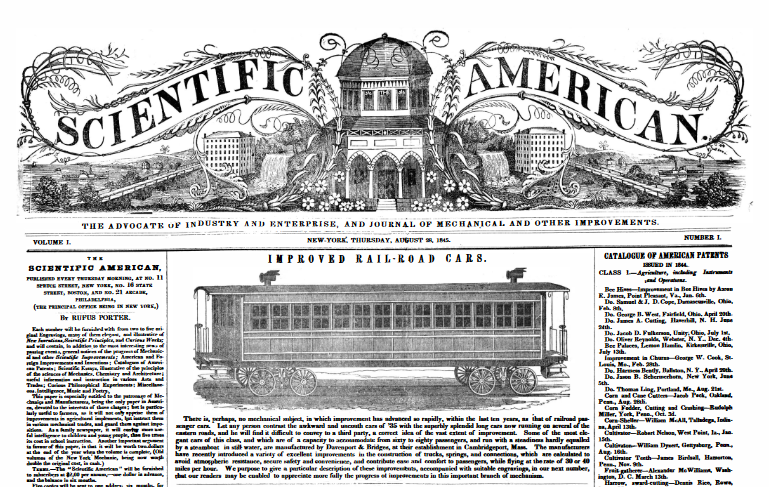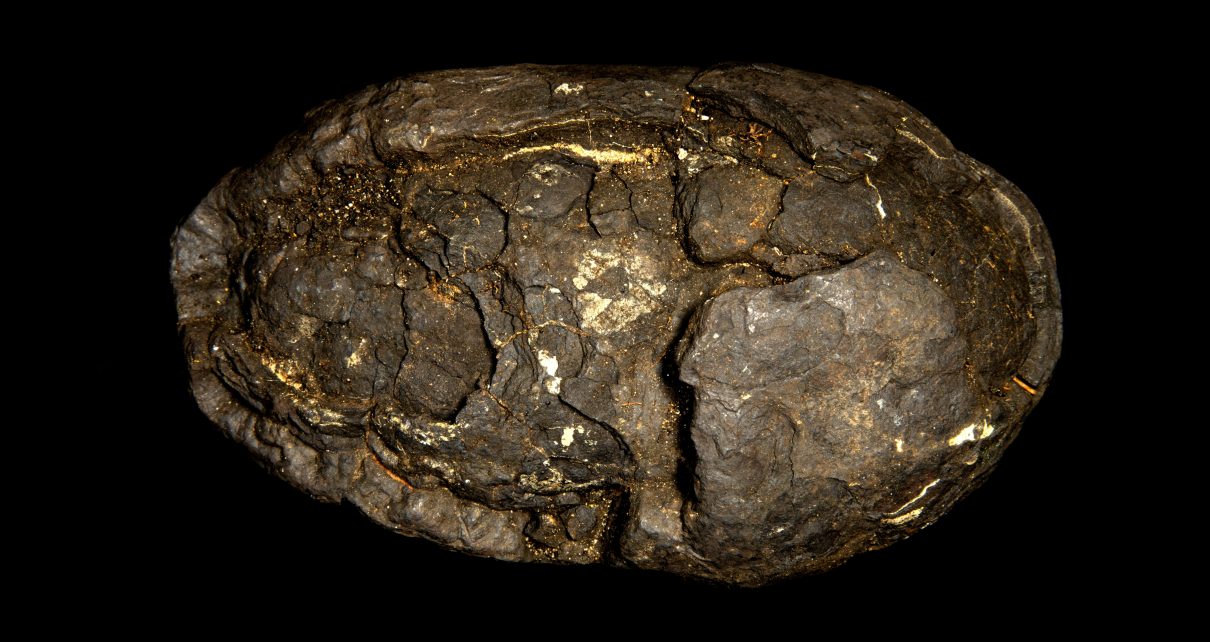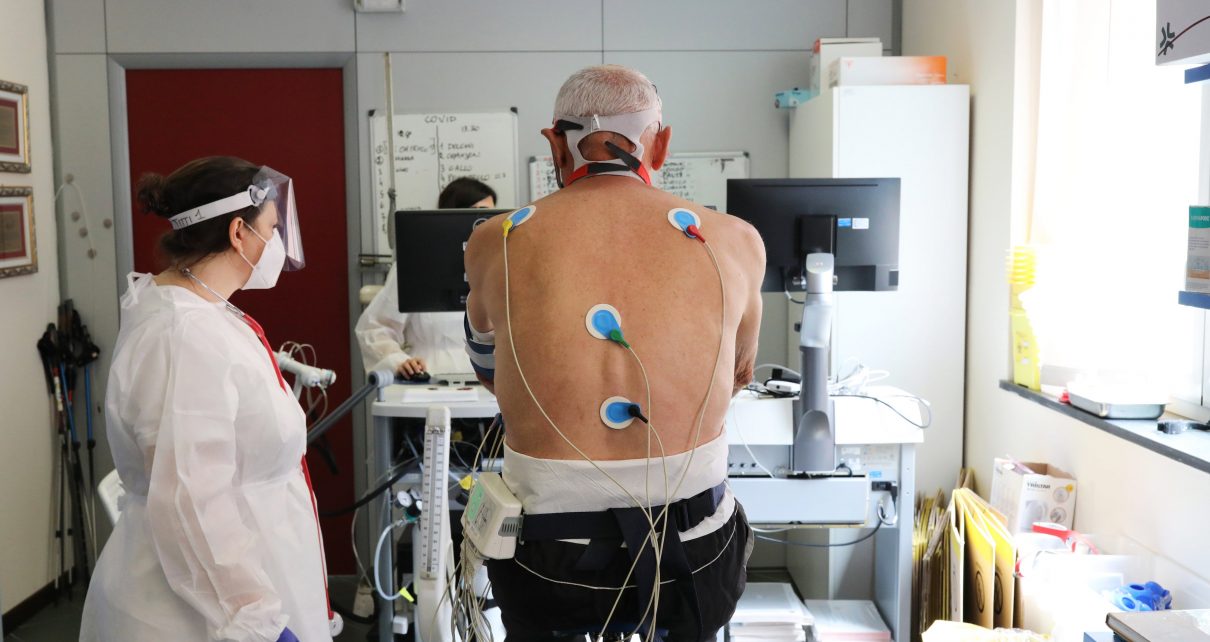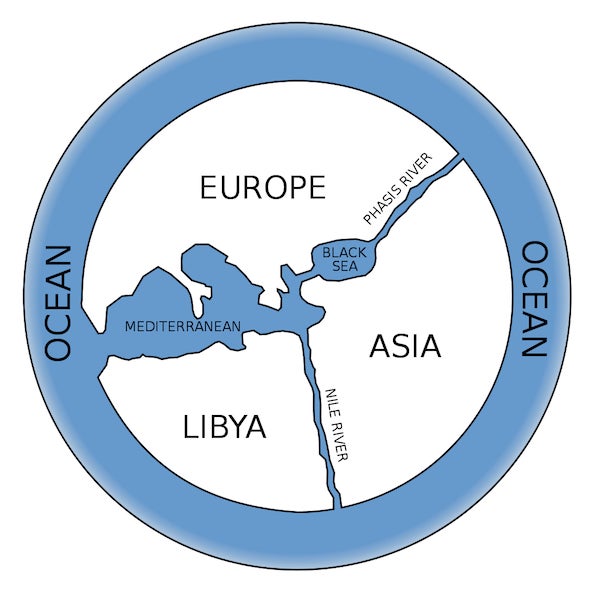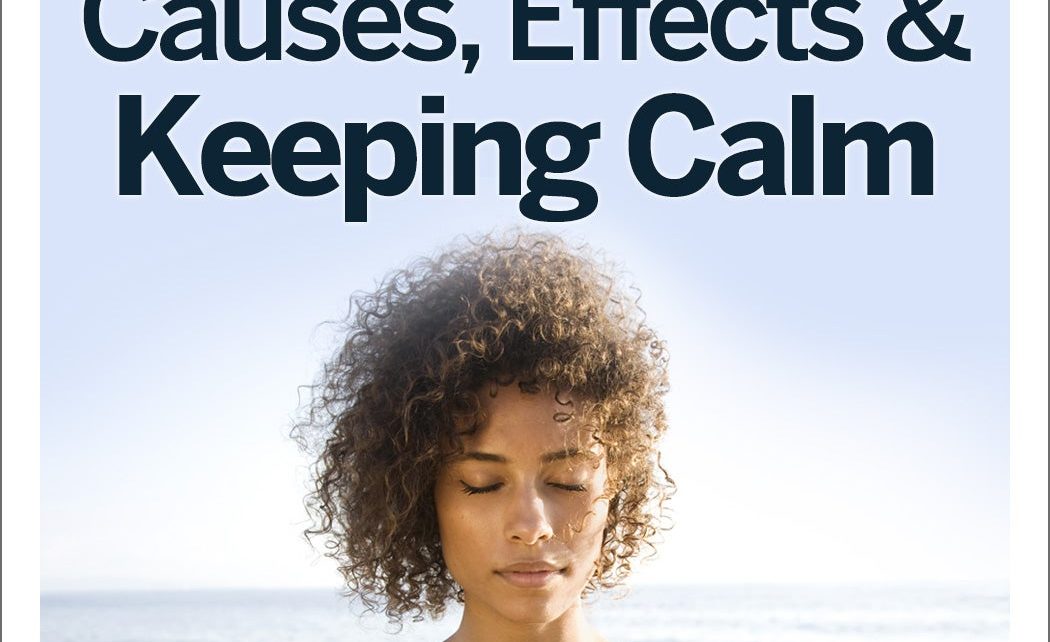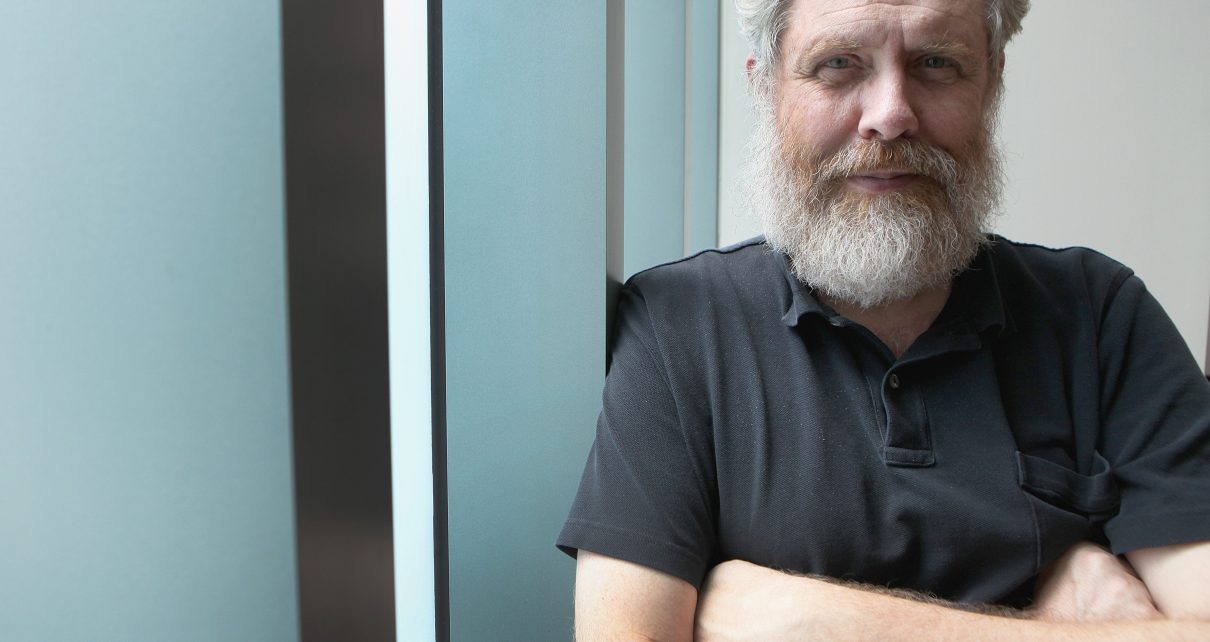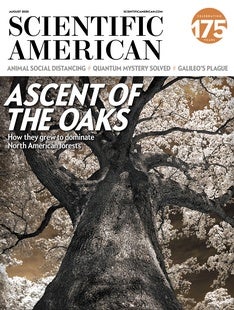Hi, I’m Scientific American assistant news editor Sarah Lewin Frasier. And here’s a short piece from the August 2020 issue of the magazine, in the section called Advances: Dispatches from the Frontiers of Science, Technology and Medicine. The article is titled “Quick Hits,” and it’s a rundown of some noncoronavirus stories from around the globe. […]
News
175 Years of Scientific American: The Good, the Bad and the Debunking
This is Scientific American’s Science Talk, posted on August 29, 2020. I’m Steve Mirsky. And yesterday was the 175th anniversary of the publication of the first issue of Scientific American. Our current issue, the September issue, looks at the history of the magazine, from the content to how the word usage has changed to how […]
Deep-Sea Mining: How to Balance Need for Metals with Ecological Impacts
Slashing humanity’s reliance on fossil fuels will require billions of kilograms of metal: a single wind turbine can contain more than a metric ton of copper, and electric car batteries demand heaps of cobalt, nickel and manganese. Most of these metals now come from terrestrial mines—often at the cost of deforestation, water pollution and human […]
COVID-19 Can Wreck Your Heart, Even if You Haven’t Had Any Symptoms
Beyond its scientific backing, the notion that a COVID-19 patient might wind up with long-term lung scarring or breathing issues has the ring of truth. After all, we hear the stories, right? The virus can leave survivors explaining how they struggled to breathe, or how it can feel, in the words of actress Alyssa Milano, […]
Deep-Sea Mining: How to Balance Need for Metals with Ecological Impacts
Slashing humanity’s reliance on fossil fuels will require billions of kilograms of metal: a single wind turbine can contain more than a metric ton of copper, and electric car batteries demand heaps of cobalt, nickel and manganese. Most of these metals now come from terrestrial mines—often at the cost of deforestation, water pollution and human […]
The Dangers of Intellectual Territorialism
This was wise advice that accomplished its goal, as I received tenure a few years later. Within two decades, I became the world expert on the first stars in the universe. But despite the success of the hedgehog strategy, I began to develop doubts about it. The doubts intensified when I and my former graduate […]
Stressed Out: Causes, Effects and Keeping Calm
Section 1: Identifying Stress & Trauma 1.1 Sussing Out Stress by Hermann Englert 1.2 Treating a Toxin to Learning by Clancy Blair 1.3 The Trauma after the Storm by Anna Harwood Section 2: Effects on the Body & Immune System 2.1 The Danger of Stress […]
Do-it-Yourself Vaccines for COVID-19 – Scientific American
In response to the COVID-19 pandemic, members of the Rapid Deployment Vaccine Collaborative (or RaDVaC)—a group composed of scientists and their friends or colleagues—have been self-administering an untested vaccine for SARS-CoV-2 (the virus that causes COVID-19). The RaDVaC scientists describe their project as aiming “to reduce risk of harm from SARS-CoV-2, minimally until there is […]
Red Stalagmites Reveal Glimpses of the Past
Scientific American August 2020 In a cave in northern Spain, stalagmites rich in organic matter are environmental record keepers Not far from the famously multihued architecture of Bilbao in northern Spain, an underground world boasts its own vibrant display of color. The stalagmites and stalactites of Goikoetxe Cave are not just the usual white; many […]
175 Years of Scientific American: The Good, the Bad, and Debunking
This is Scientific American’s Science Talk, posted on August 29th, 2020. I’m Steve Mirsky. And yesterday was the 175th anniversary of the publication of the first issue of Scientific American. Our current issue, the September issue, looks at the history of the magazine, from the content to how the word usage has changed to how […]

